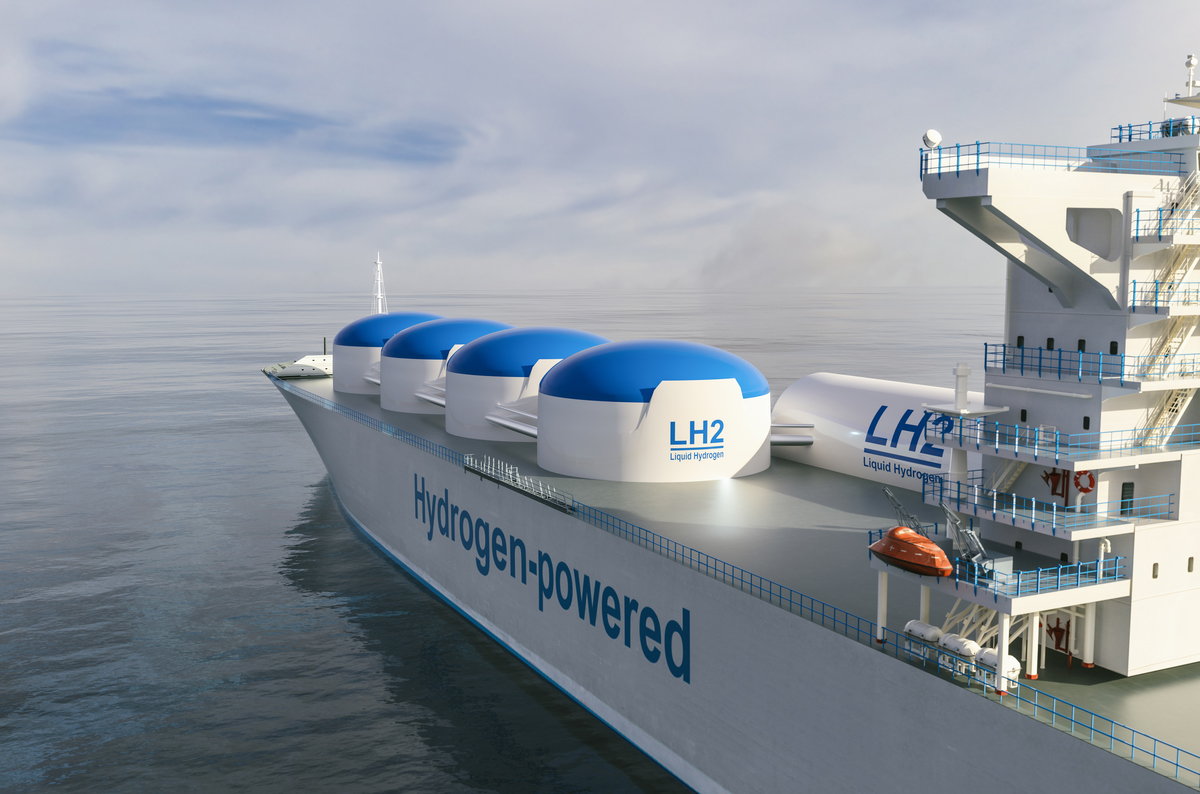Industry experts recommend zero-emission policies to the IMO
An insight brief summarising the Global Maritime Forum's annual summit states that the "revised IMO greenhouse gas (GHG) Strategy should set clear 1.5-aligned interim targets like the 2030 and 2040 GHG reduction targets."

PHOTO: Vessel carrying liquid hydrogen. Getty Images
The Global Maritime Forum discussed policy measures to decarbonise shipping in line with the Paris Climate Agreement at its annual summit this year in New York.
A panel of shipping and decarbonisation experts have now penned a brief contributing their views to coming Global Maritime Forum discussions. Among the brief's authors were associate professor Tristan Smith of the University College London and the chief executive of Belgian shipping company CMB Alexander Saverys.
Their views also come ahead of the much-anticipated Marine Environment Protection Committee (MEPC) meeting at the IMO next summer, at which member states are expected to iadopt a revised greenhouse gas (GHG) strategy.
"...the available time to reduce GHG emissions in line with 1.5 is so compressed, that failure to agree on science-based interim targets in 2023 could mean that investments and an orderly transition would no longer be possible," the authors write.
According to the insight brief, the IMO is negotiating a set of “measures and incentives” like a carbon price mechanism and a global GHG fuel standard that could transform the shipping sector and achieve the level of ambition set out in a revised GHG strategy.
The experts believe that these proposals, along with policies to close price gaps between conventional and alternative zero-emission fuels, will encourage the industry to fully phase out GHG emissions.
In order to meet the IMO's targets and create the necessary incentives, they recommend adopting a "well-to-wake" approach to assessing emissions across their lifecycle.
The International Council on Clean Transport (ICCT) defines well-to-wake or life-cycle emissions as “the sum of upstream (well-to-tank) and downstream (tank-to-wake) emissions.”
The authors also recommend that the IMO develops plans for "revenue allocation and spending" to enable a smooth transition to green fuels and technologies.
By Konica Bhatt
Please get in touch with comments or additional info to news@engine.online





